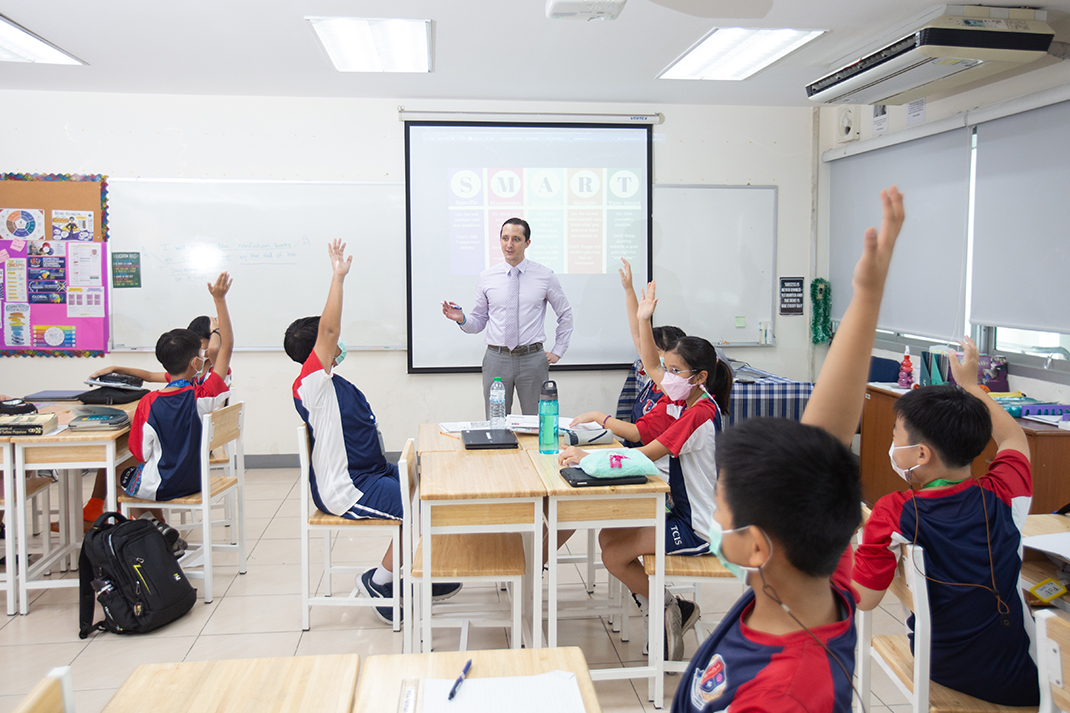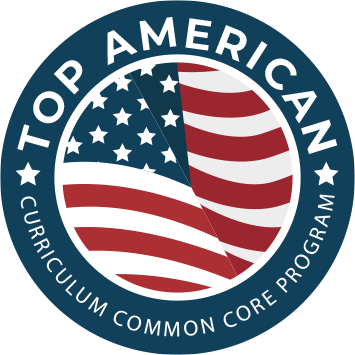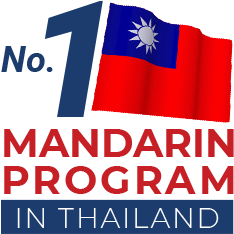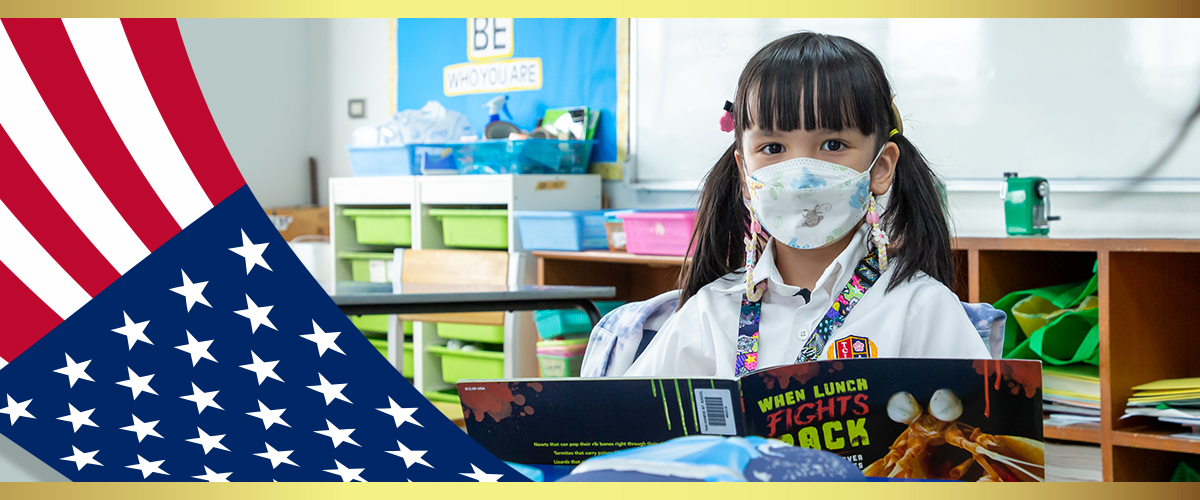TCIS Academics: American Curriculum Based on the Common Core State Standards (CCSS
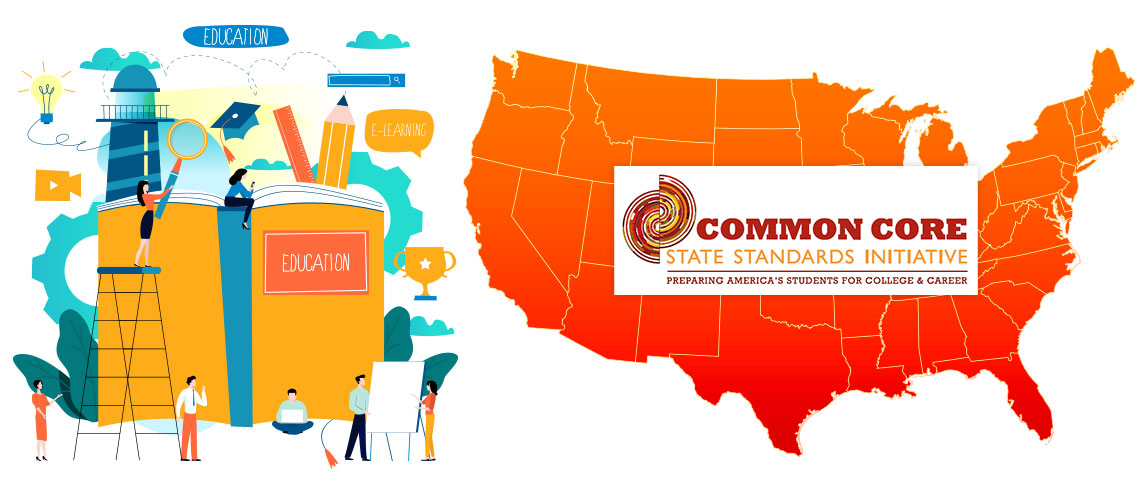
TCIS offers a PK-12 American curriculum that draws from the United States' Common Core State Standards (CCSS).
The CCSS is a set of high-quality academic standards in mathematics and English language arts/literacy (ELA). These learning goals outline what a student should know and be able to do at the end of each grade The standards were created to ensure that all students graduate from high school with the skills and knowledge necessary to succeed in college, career, and life, regardless of where they live. Standards for English Language Arts & Literacy in History/ Social Studies, Science, and Technical Subjects are available here and the standards for Math are accessible here
The Common Core is informed by the highest, most effective standards from states across the United States and countries around the world. The standards define the knowledge and skills students should gain throughout their K-12 education in order to graduate high school prepared to succeed in entry-level careers, introductory academic college courses, and workforce training programs.
The standards are:
- Research- and evidence-based
- Clear, understandable, and consistent
- Aligned with college and career expectations
- Based on rigorous content and application of knowledge through higher-order thinking skills
- Built upon the strengths and lessons of current state standards
- Informed by other top performing countries in order to prepare all students for success in our global economy and society
TCIS Academic Focus on Trilingualism
Since TCIS is a tri-lingual school, all students must take a minimum of one class per day of Mandarin and Thai languages. Intensive Mandarin language courses with an emphasis in Chinese history and culture are taught daily.
English is the medium of instruction in all courses other than Thai and Mandarin. TCIS offers 11 Advanced Placement Courses and has Music/Arts/Sports departments that offer diverse courses for all students.
What's the Difference between American Curriculum (CCSS) and International Baccalaureate (IB)?
The IB and the CCSS are both focused on setting high standards that seek to challenge and engage students, promote deeper learning and develop critical-thinking skills. IB’s standards, structured into interdisciplinary and multigrade lines of inquiry, were one of the models on which the CCSS was based. CCSS and the IB share a mutual emphasis on career and college readiness.
Neither the IB nor the CCSS is a curriculum. A curriculum is the detailed plan for day-to-day teaching. Curriculum decisions, including which textbooks and programs to use, are made by the school, not by the IB or the CCSS.
IB standards and practices are not learning outcomes; they provide a set of criteria that set out specific approaches to teaching and learning. They focus on how learning occurs. The CCSS are learning outcomes that specify skills and knowledge that must be acquired by grade level. The CCSS focus on what outcomes should be reached.
TCIS Academics: Advanced Placement Classes

TCIS offers Advanced Placement (AP) classes. AP gives students the chance to tackle college-level work while still in high school and earn college credit and placement.The AP and IB programs are both high school programs that offer college-level courses and the opportunity to earn college credit.
The IB program is much less common than AP. Over 2 million students took AP exams in 2014, butonly about 135,000 took IBs. You can take AP exams without being enrolled in a class, but you have to be enrolled in an IB class to take an IB exam. If you have proficiency in a language not offered by your school, or if you want to self-study for a niche subject like Art History, the AP program gives you more flexibility.
Expected Schoolwide Learning Results (ESLRs)
The Expected Schoolwide Learning Results (ESLR) are a statement of what graduates of TCIS will be. These skills are taught in all grade levels in a variety of ways.
- Responsible Global participants
- Effective Communicators
- Collaborative Workers
- Independent Life
- Long Learners
- Complex Thinkers
